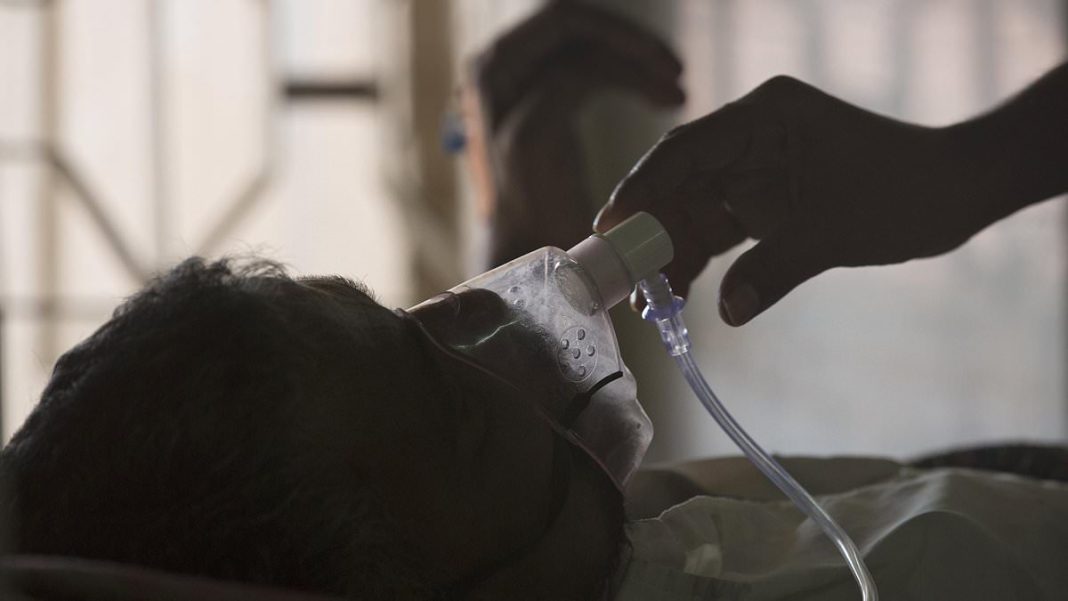Health chiefs warn deadly infection that resembles a cold is surging,
World Health Organization (WHO) chiefs have warned that tuberculosis is now the ‘the leading infectious disease killer’, with a record 8.2million cases last year.
Known as consumption during the Victorian era, officials warn the early stages of disease resemble a cold or flu, but it can kill up one in six people it infects.
The WHO said the surge meant that tuberculosis became ‘the leading infectious disease killer in 2023, surpassing Covid-19.’
While global cases have soared, the number of deaths from the disease recorded by the WHO actually fell from 1.32 million in 2022 to 1.25 million in 2023.
However, given tuberculosis can take years to kill, the true impact of the newly recorded rise is likely not to be felt until some time in the future.
WHO director-general Dr Tedros Adhanom Ghebreyesus said: ‘The fact that TB [tuberculosis] still kills and sickens so many people is an outrage, when we have the tools to prevent it, detect it and treat it.’
Cases are also on the rise in Britain. The latest data shows cases for 2024 are up seven per cent on last year, on the back of boom year for the disease.
British health officials were so concerned about last year’s spike in cases, which were 11 per cent up year on year, they launched an investigation to find out why.
If trends continue 2024 could eclipse last year’s 4,800-plus UK cases, which itself was the highest figure recorded since 2017.
It marked an ongoing reversal Britain had made in tackling tuberculosis with cases having broadly declined from peaks of 8,000 cases recorded in 2011.
Last year’s rise was so shocking it prompted health officials issue warnings for Brits to get persistent coughs or flu-like symptoms checked by a medic.
Dr Esther Robinson, head of the tuberculosis unit at the UK Health and Security Agency (UKHSA) said at time: ‘Not every persistent cough, along with a fever, is caused by flu or Covid-19.
‘A cough that usually has mucus and lasts longer than three weeks can be caused by a range of other issues, including TB.’
According to the latest UKHSA report, eight out of 10 cases of tuberculosis which could be tracked were in someone not born in Britain, similar to 2023.
As tuberculosis is more common in some parts of the world, particularly in urban and deprived areas.
Cases are known to be imported into the UK and, due to the subtitles of the symptoms, may go undetected for years.
Tuberculosis is spread by the coughs and sneezes of those infected and most often emerges in the lungs, although it can get into other parts of the body.
However, some studies have found it can also be spread passively by infected people simply breathing, even if they show no symptoms.
Early symptoms include coughs, fevers, night sweats and weight loss.
But severe tuberculosis infection can kill by destroying the organs from the inside, causing them to bleed and fill with liquid.
Tuberculosis is particularly dangerous for immunocompromised people, like those undergoing chemotherapy, as well those who are generally more vulnerable such as young children and the elderly.
A jab called the BCG vaccine protects people from getting tuberculosis, but it’s only given to those at higher risk of getting the infection.









